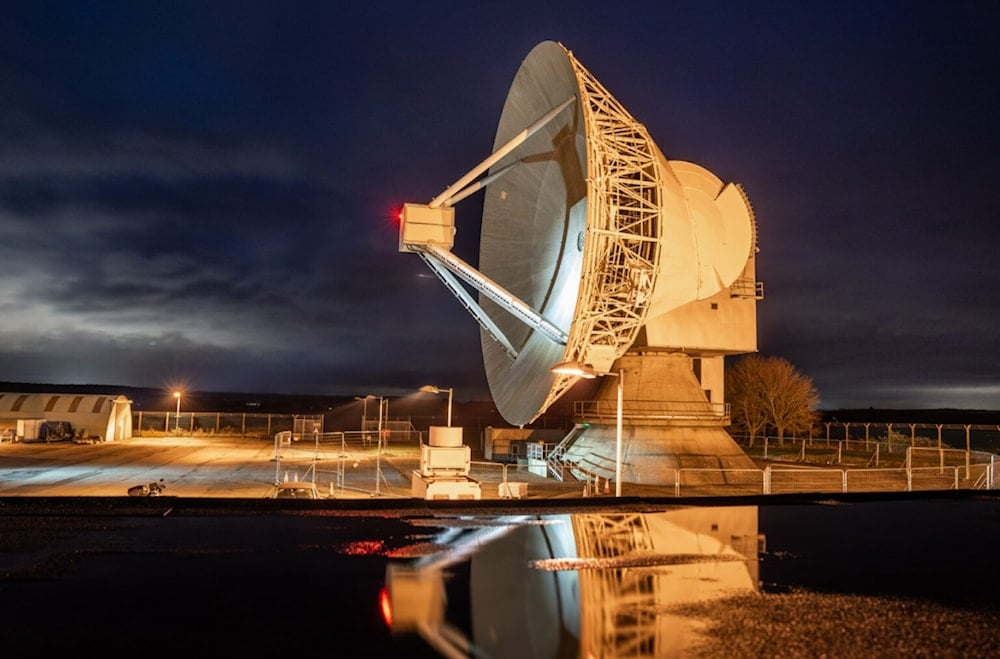UK Space Agency to be folded into government department
The UK government will fold the Space Agency into the Department for Science, Innovation and Technology in 2026 to cut costs.
-

Chilbolton Observatory in Hampshire, part of NSpOC (National Centre for Atmospheric Science )
The British government has announced that the UK Space Agency (UKSA) will no longer function as an independent body. From April 2026, the agency will be absorbed into the Department for Science, Innovation and Technology (DSIT), part of a broader effort to reduce the number of arm's-length government bodies, known as quangos, and streamline operations.
Ministers say the change will save money, cut duplication, and bring space policy under direct ministerial control. Prime Minister Keir Starmer has made this a central plank of his cost-cutting agenda, having already moved to dissolve NHS England earlier this year.
Space Minister Sir Chris Bryant defended the reform: "Bringing things in house means we can bring much greater integration and focus to everything we are doing while maintaining the scientific expertise and the immense ambition of the sector."
Concerns Over Competitiveness
The merger has sparked unease within the scientific and industrial community, with critics warning that the UK risks losing its competitive edge at a time when other nations are expanding their space programs.
Speaking to BBC, Dr. Simeon Barber of the Open University argued: "Around the world countries have been recognising the importance of space by setting up national space agencies, and for the government to be scrapping ours seems like a backward step." He added that the UK's space sector risks "losing focus" and compared the move to going "back into the mud" of bureaucracy.
Industry leaders also fear that integration could make the space sector more vulnerable to shifting political priorities and slower government processes. Some, like SatVu CEO Anthony Baker, have warned that the move risks dragging a dynamic, commercially focused sector into the "red tape" that UKSA's independence was meant to avoid.
UKSA's Track Record
Founded in 2010, UKSA has coordinated national space strategy, research partnerships, and commercial activity while serving as the country's international liaison. Among its achievements:
- Oversaw Tim Peake's mission to the International Space Station.
- Backed the development of small satellite launch capabilities in Scotland.
- Helped grow a sector worth £18.6 billion annually, supporting over 55,000 jobs.
The UK has also positioned itself as a leader in small satellite innovation and is developing regulatory frameworks for in-orbit servicing and debris removal, with companies like Astroscale and ClearSpace set to play a role in missions planned for 2028.
The Future
Under the new arrangement, UKSA will survive in name but operate as a unit within DSIT, staffed by both civil servants and existing agency experts. The government has highlighted potential benefits, such as stronger integration with industrial strategy and regulatory initiatives like the Rendezvous and Proximity Operations (RPO) sandbox, which is shaping rules for debris removal and orbital servicing.
Supporters, including UKSA Chief Executive Dr. Paul Bate, suggest the reform could create a "golden thread" between strategy and delivery. But sceptics counter that the UK risks undermining the very autonomy and agility that allowed it to build international credibility.
As Dr. Barber told the BBC: "It feels like we're going to get stuck in the mud again."
Read more: Space race; Cosmic dash to the dark side of the moon

 3 Min Read
3 Min Read








